Early Drone Failures and the Lessons They Taught Engineers?
In the early days of drone development, there were many failures across various aspects. The early drones had limited processing power, low battery ca
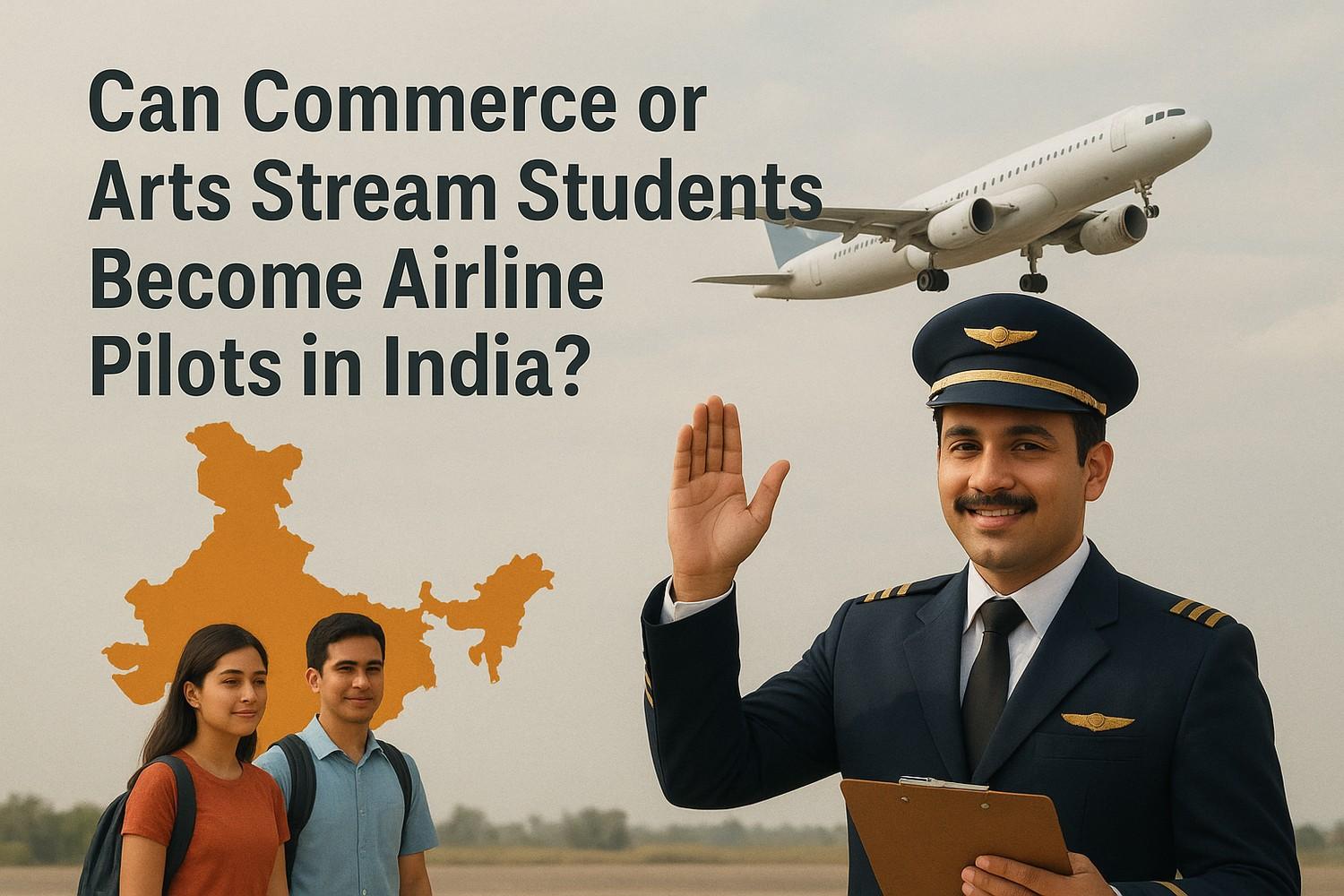
The requirement of Physics and Mathematics in class 12th has stopped students from Commerce and Arts backgrounds from becoming a pilot. However, the pilot training landscape in India is transforming and opening doors for students from all streams. The aviation industry is growing like wildfire, and there is a need for qualified pilots. Recent developments and alternative pathways have made it possible for Commerce and Arts students to pursue their aviation dreams.
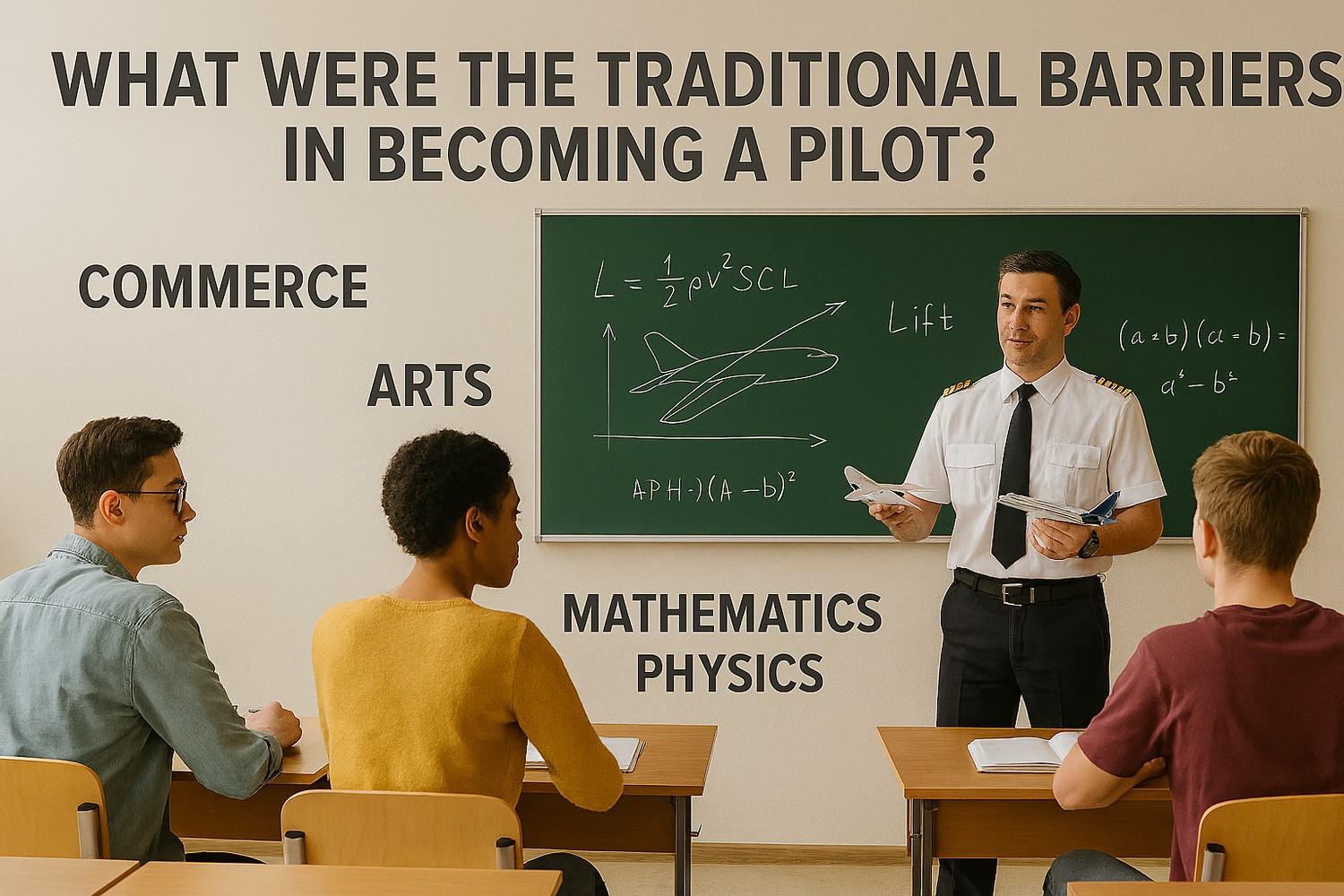
According to the DGCA's current norms, traditionally, to become a pilot, one should have passed class 12th with Mathematics and Physics with a minimum of 50% marks. So, this kind of prerequisite did not allow Commerce or Arts stream students to become a pilot.
The mandate of Physics and Mathematics was due to the technical nature of aviation. Physics concepts create a basis for understanding aircraft operations. Mathematics is the need of the hour for coming to terms with navigation calculations, fuel planning and understanding complex flight management systems. However, it is possible to acquire all these skills through specialized training programs.
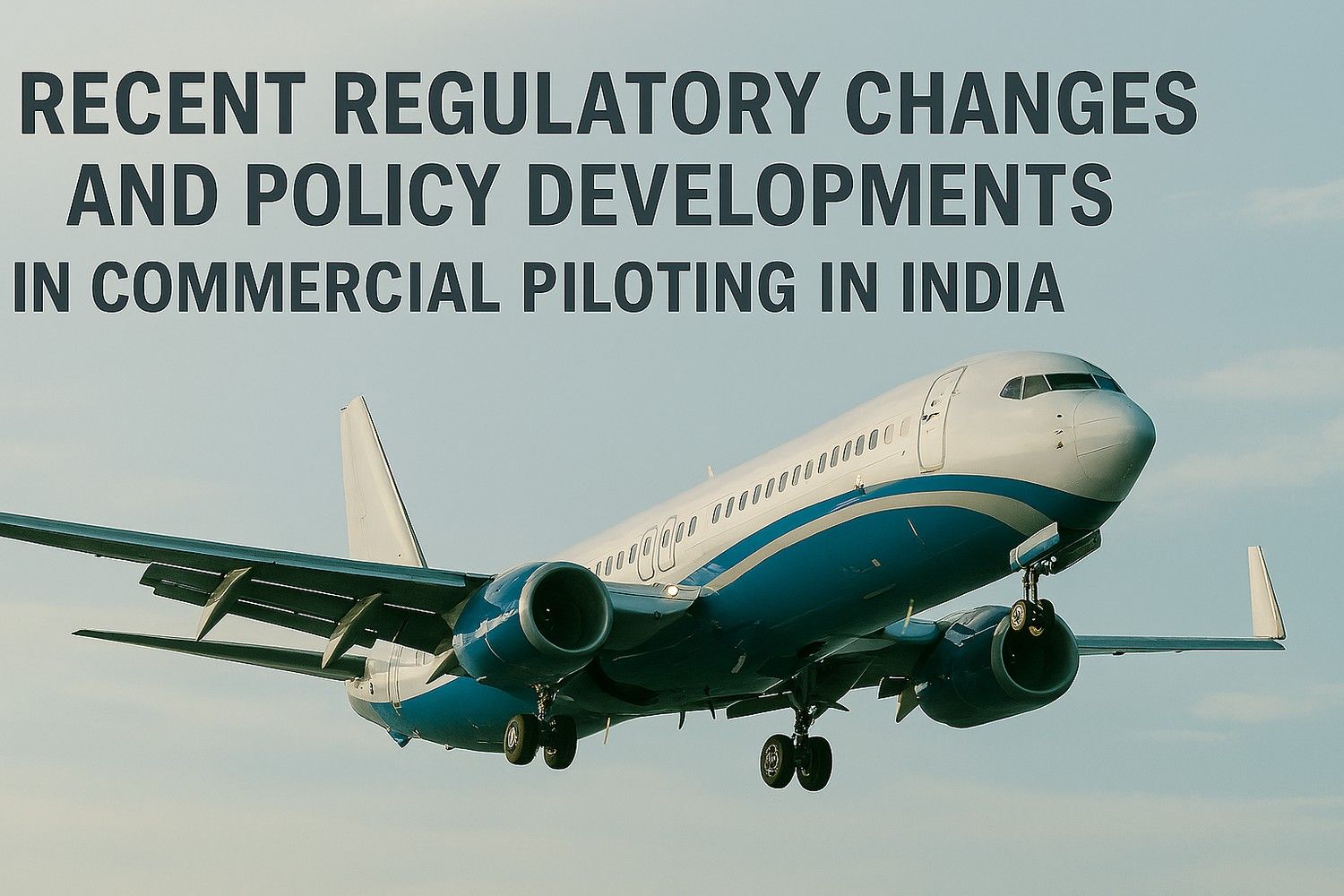
The aviation industry in India is undergoing a paradigm shift because of recent policy considerations by the DGCA. If approved, students from all streams can pursue pilot training after passing relevant medical tests.
This change will surely transform the Indian aviation policy, acknowledging that the competency of pilots is more focused on training quality and not academic subjects. A major change is on the cards for the DGCA, which could lift all the barriers for the Commerce and Arts students to become commercial pilots.
The projected changes highlight the importance of a deep understanding of the training methods of modern aviation. Contemporary pilot training programs are more specialized, incorporating simulation and computer-based learning modules to impart essential technical knowledge regardless of the candidate's educational background.
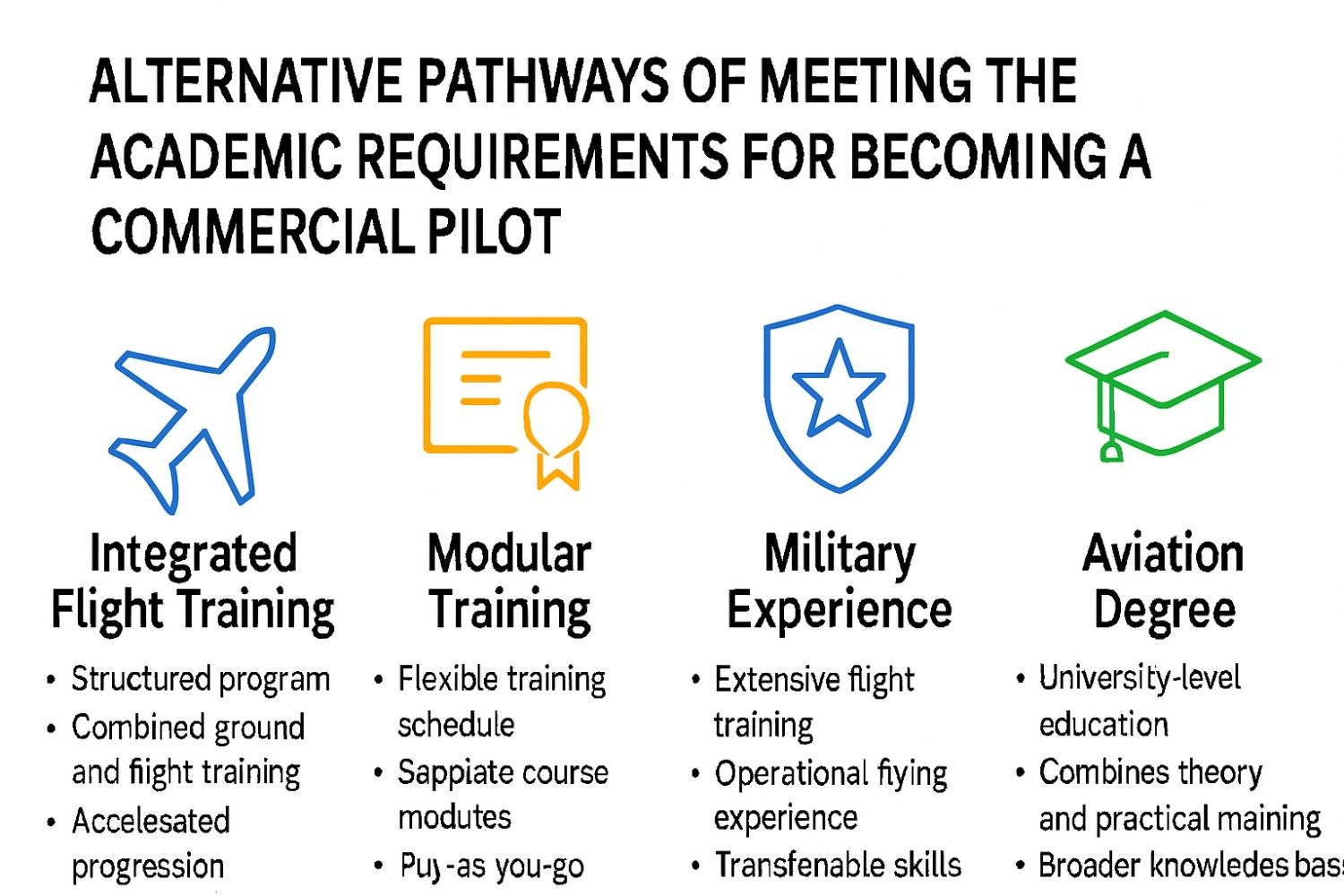
Physics and Mathematics can be taken through open schooling by people who are from a commerce or Arts background. Traditionally, only students in the Science stream were allowed to become pilots. Now, to answer the question asked at the beginning of the blog, yes, Commerce and Arts students can also now think of becoming a pilot.
In India, NIOS can help aspiring pilots from Arts and Commerce backgrounds. Physics and Mathematics can be completed by Arts and Commerce students to fulfil all the requirements for becoming a commercial pilot.
All the important Physics concepts about aviation, like mechanics, thermodynamics, wave motion and electricity: mathematical concepts like Algebra, trigonometry, calculus and coordinate geometry are taught in the open school curriculum. So, in this way, if you did not have Physics and Mathematics in your school days, you can still learn the essential concepts and make your dream of becoming a pilot a reality.
This is only when a green signal is not given to the proposed idea of students from any stream being able to become commercial pilots in India.
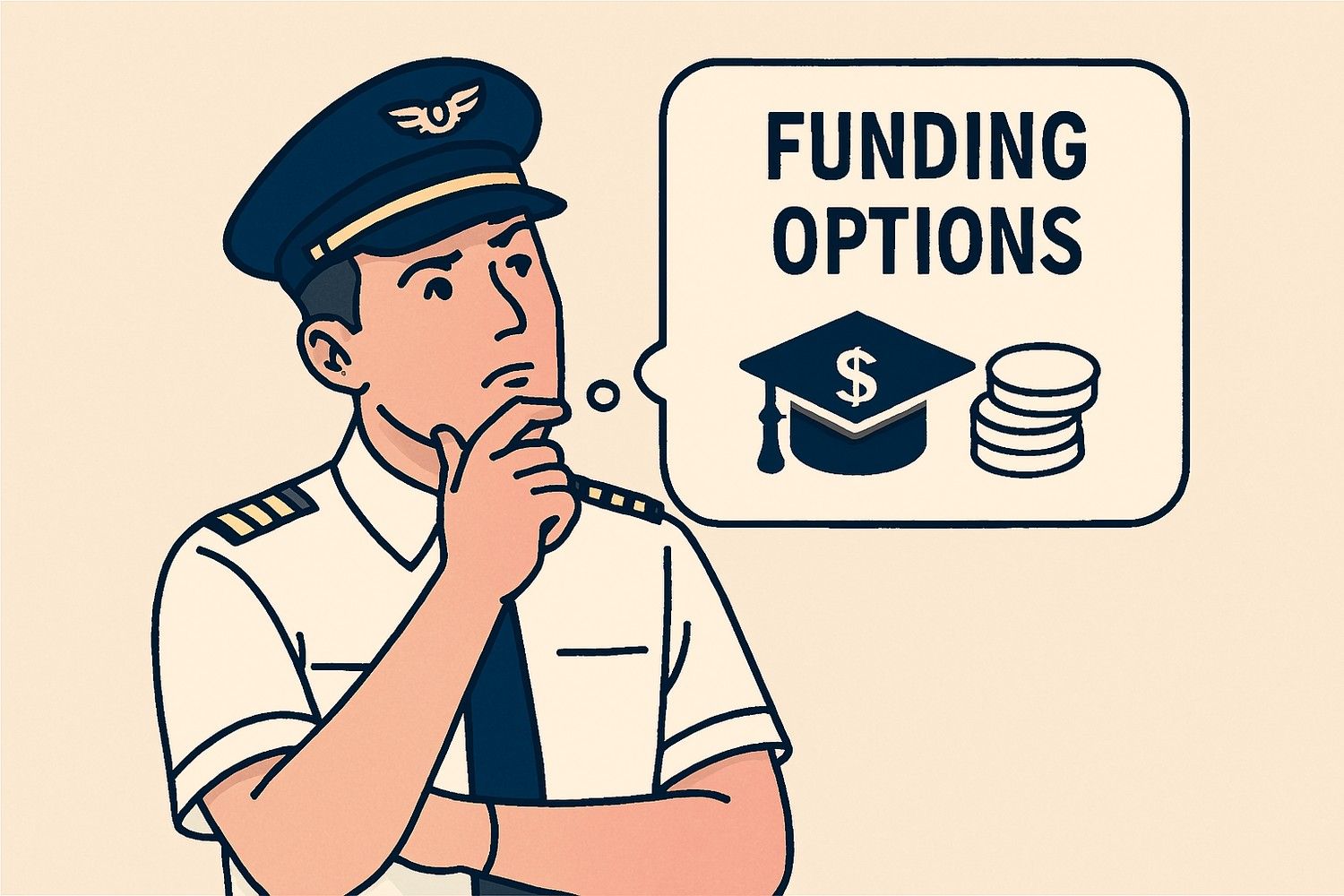
The pilot training cost in India depends on the training institute and the aircraft used for practical training. On average, the pilot training cost can be between 60 lakhs and one crore for CPL training. The costs include the charges of ground school, flying hours, examination fees, and medical examinations.
One can also get a loan from banks or other financial institutions for pilot training. Cadet pilot programs are offered by many airlines,providing training in exchange for employment contracts, making pilot training more accessible.
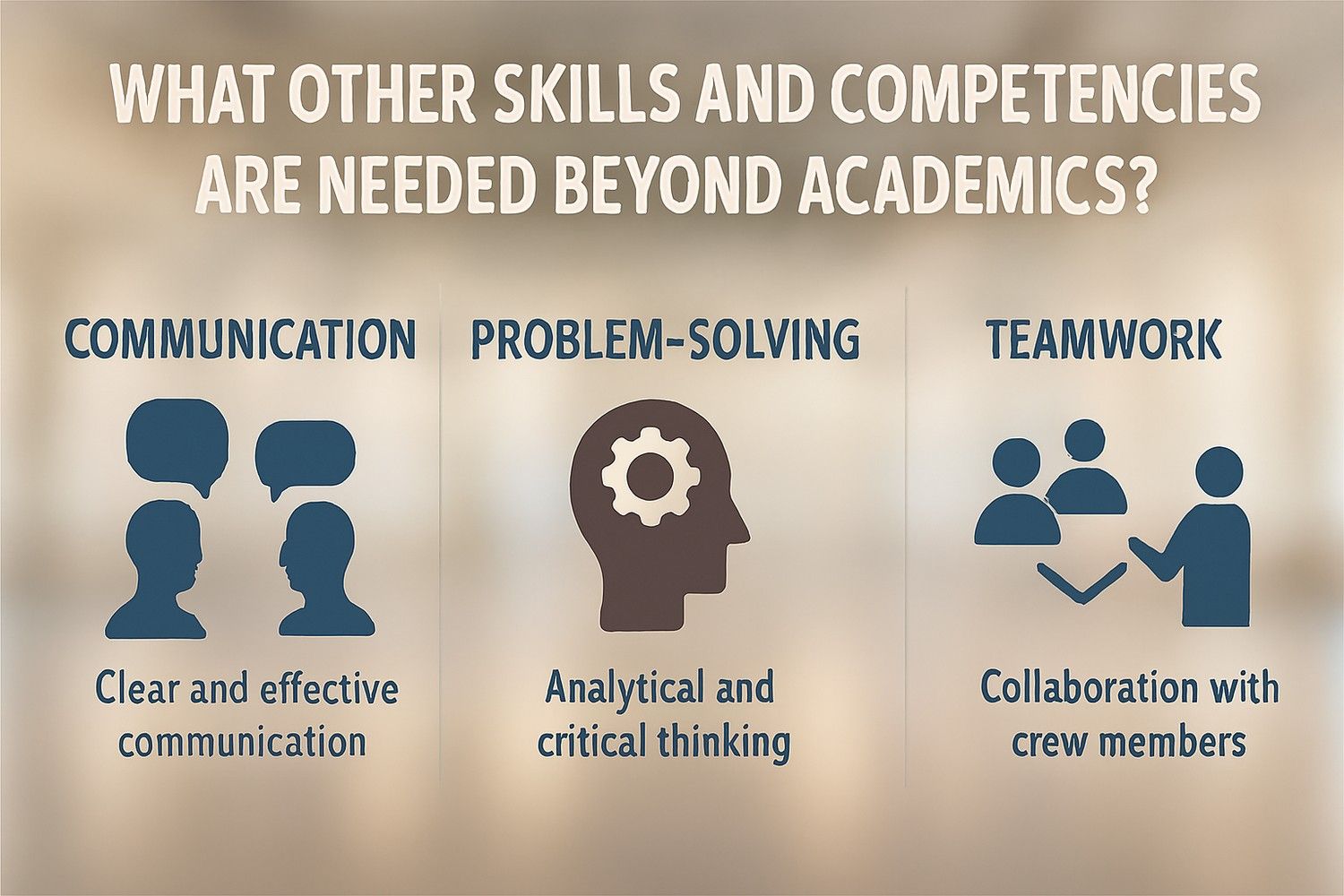
Critical thinking and problem-solving abilities are vital for pilots who will have to make split-second decisions at crunch times. Commerce students can bring to the table skills in resource management, cost analysis and operational efficiency, which are all important for contemporary aviation.
On the other hand, the Arts students generally are very good at communication. They also possess knowledge of various cultures and adaptability, which are also must-haves for a good commercial pilot. Arts students can communicate effectively with ATC, collaborate well with crew members from diverse backgrounds, and adapt to different cultures more effectively than any Science student.
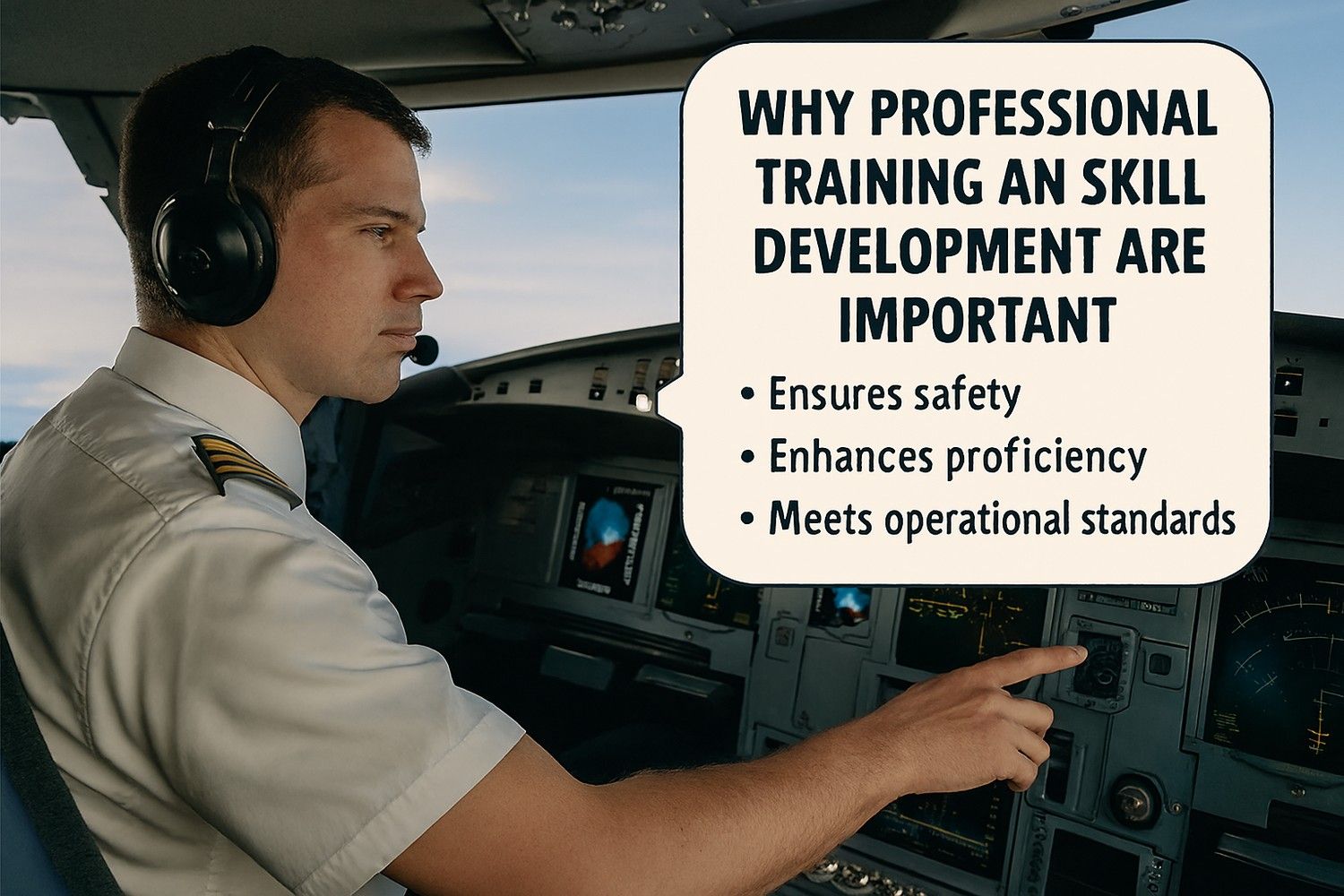
Pilot training has evolved significantly, incorporating trailblazing pedagogical approaches that teach essential concepts to students from any educational background. Flight training schools use all the latest techniques and technologies, like flight simulators and VR, that come in handy for improving the technical knowledge of the students from any educational background.
Now, there is more focus on the practical application of the concepts that have been learnt as a part of the theory course. Students are evaluated on their ability to operate aircraft effectively rather than their capacity to solve complex equations of Mathematics and Physics.
Simulation technologies, which are also part of the armoury of almost all top pilot training institutes, allow students to experience realistic flying conditions in controlled environments, enabling effective learning regardless of their educational background. These technologies bring students from all streams together, developing practical expertise essential for fields like commercial piloting.

With evolving industry perspectives on pilot qualifications and proposed changes in the regulations of the DGCA, students from all educational backgrounds can now dream of becoming a pilot and also turn it into reality.
The fact of the matter is that, to become a commercial pilot, skills and passion are the main driving forces, rather than an academic background. Whether it is through regulatory changes or banking on the alternative educational pathways, there are heartening possibilities for you to become a commercial pilot of the highest repute, despite your early education.
To become a pilot, regardless of your educational background, enroll at Flapone Aviation, one of the premium aviation training schools in India. Here, one receives comprehensive theoretical and practical exposure, all at a rather economical price. So, what are you waiting for?
Our experts can help assess your needs and suggest the right drone services for your industry.